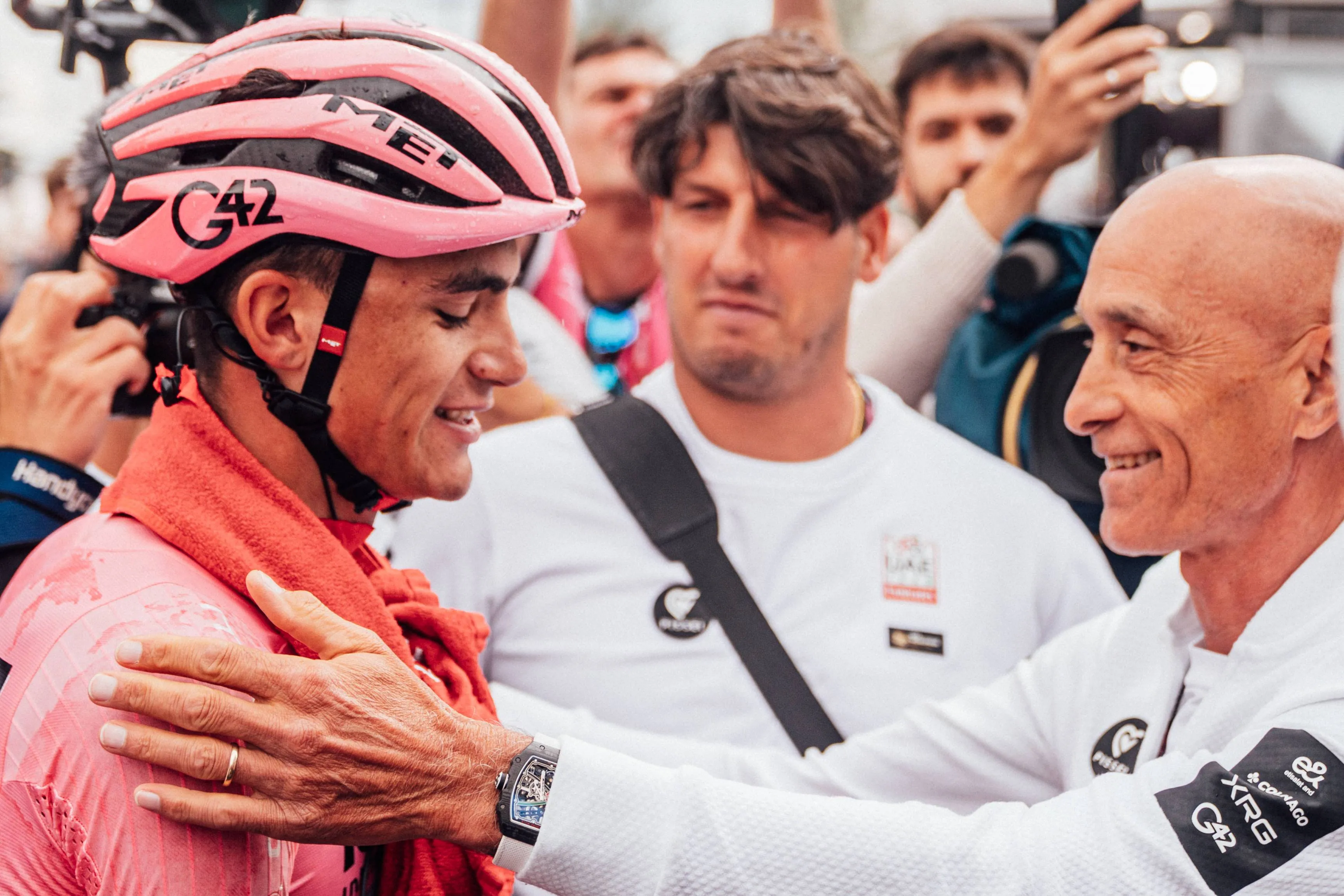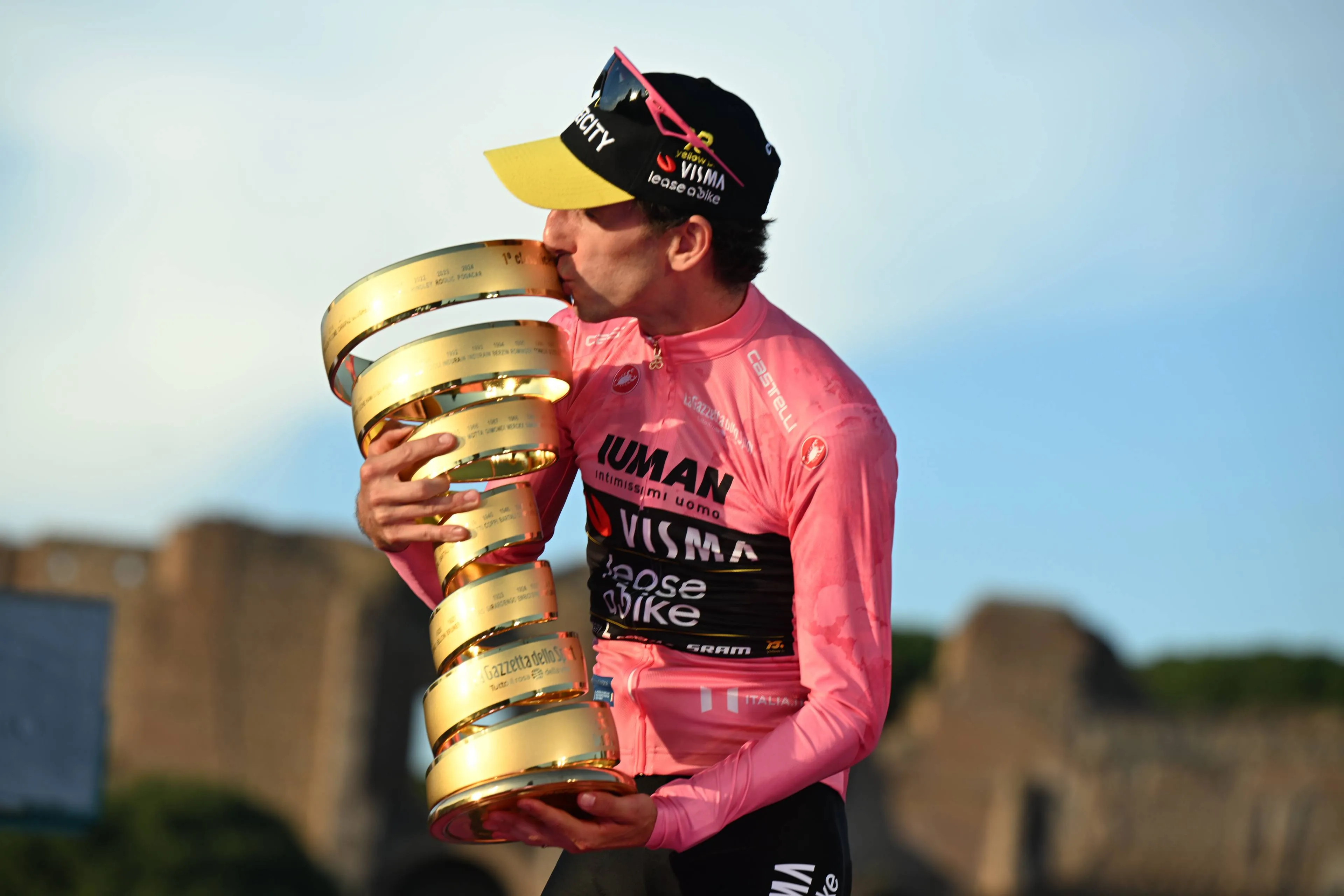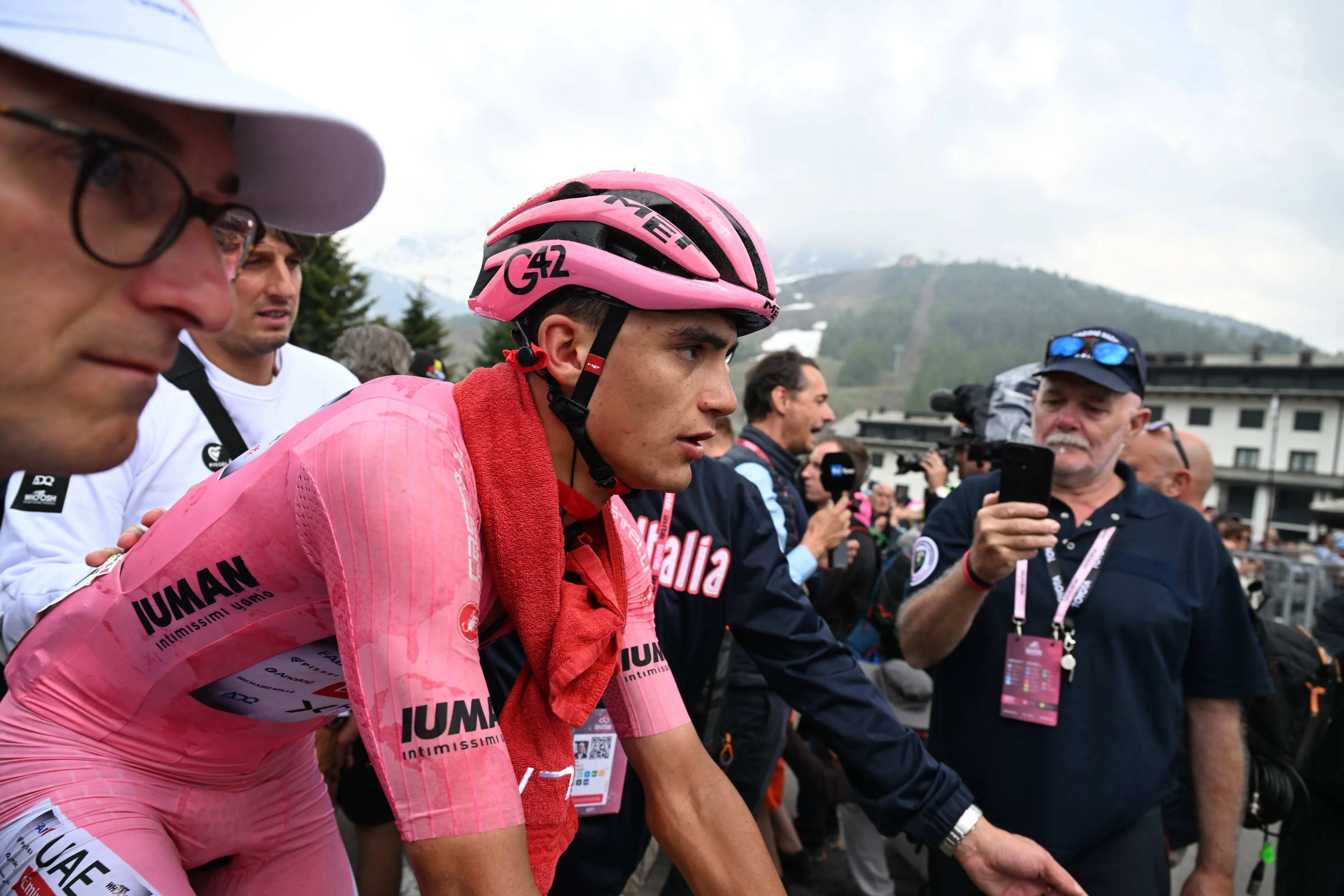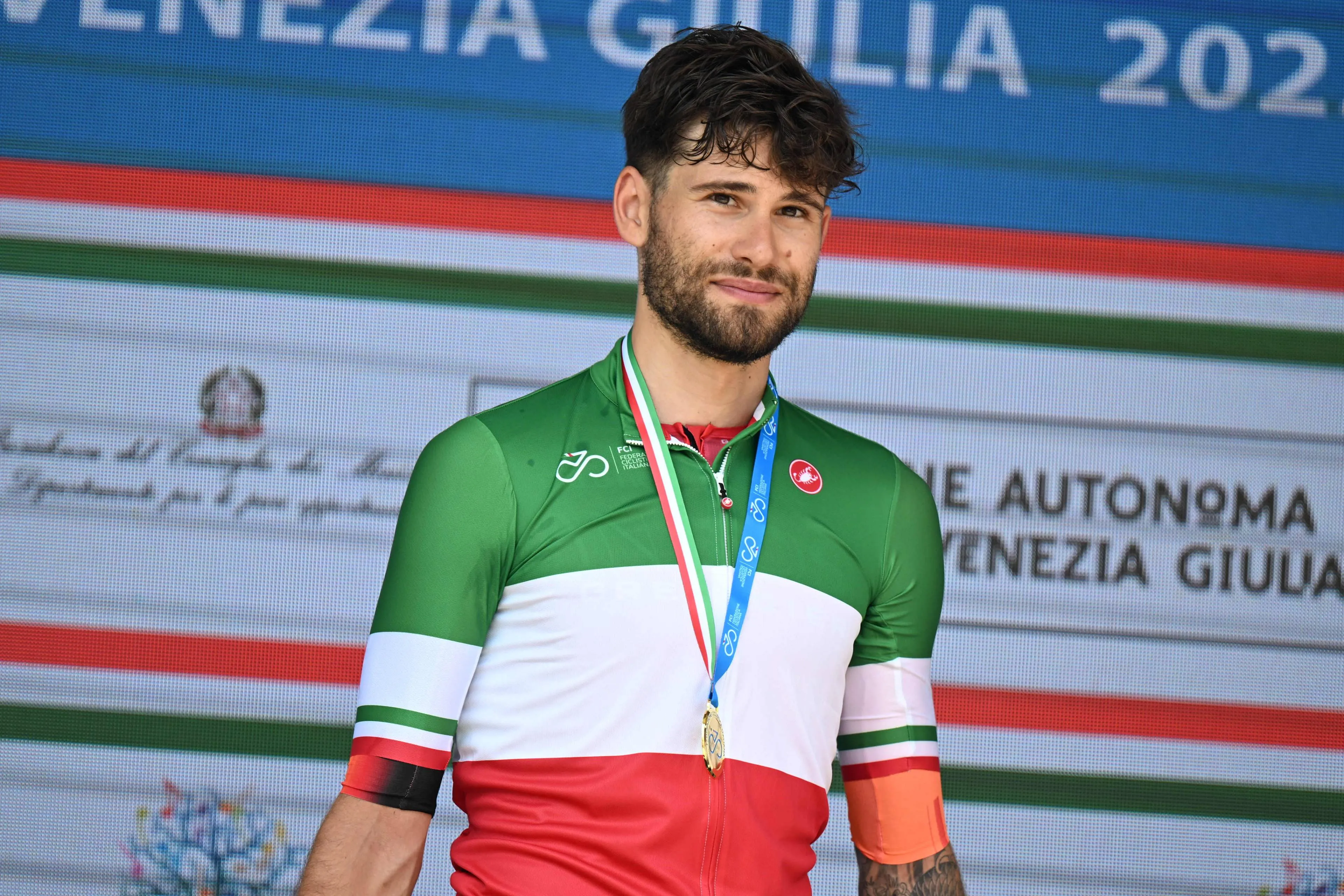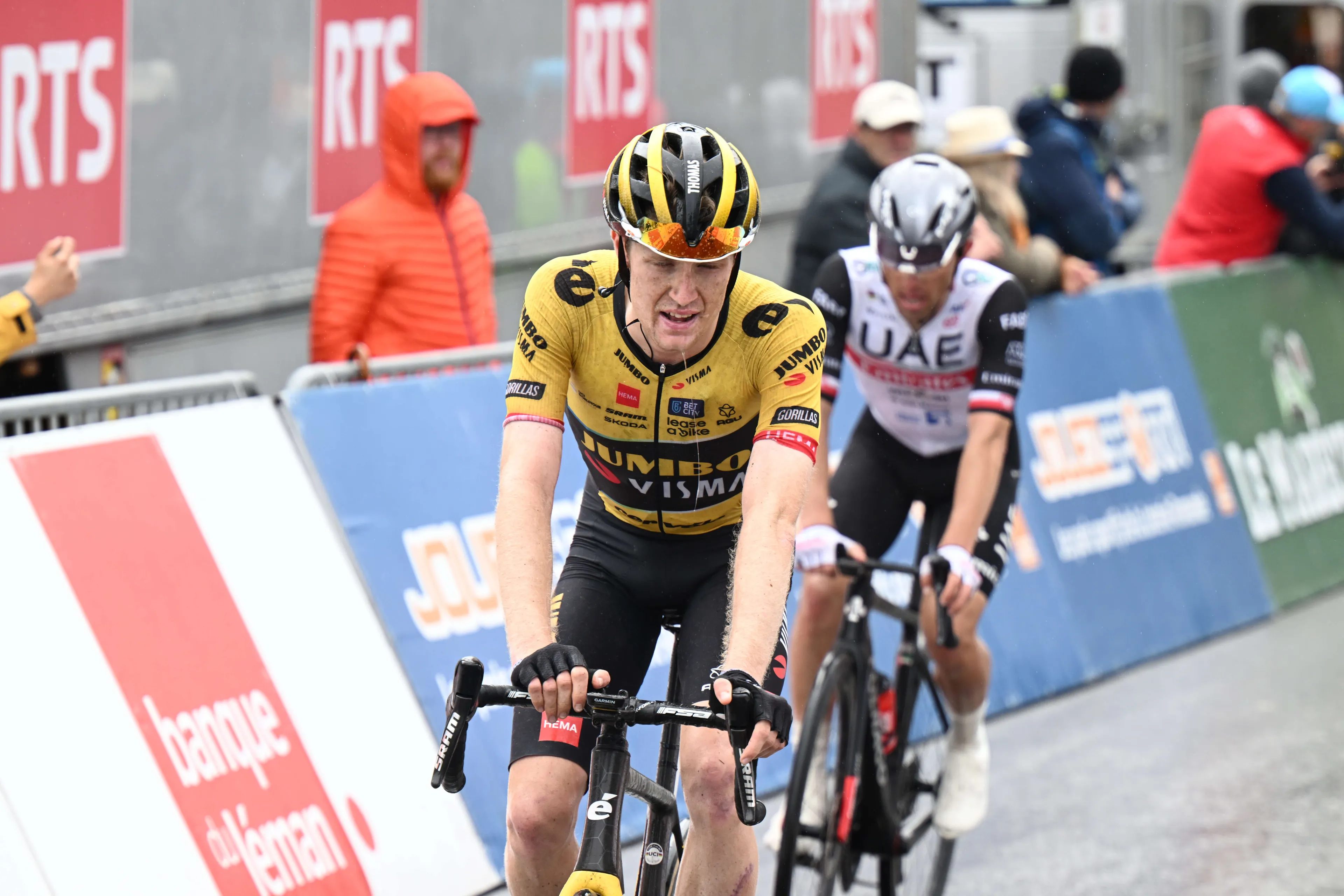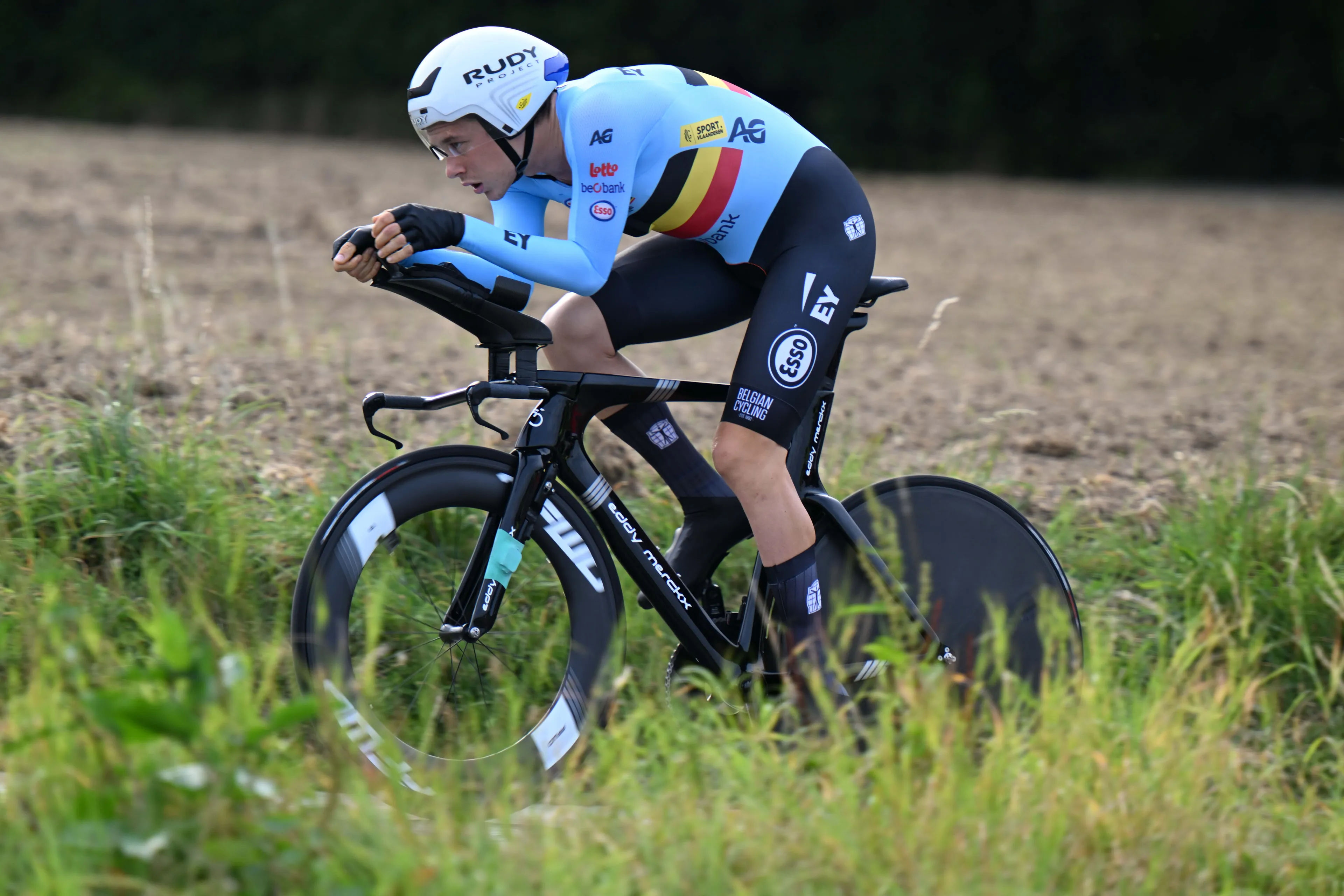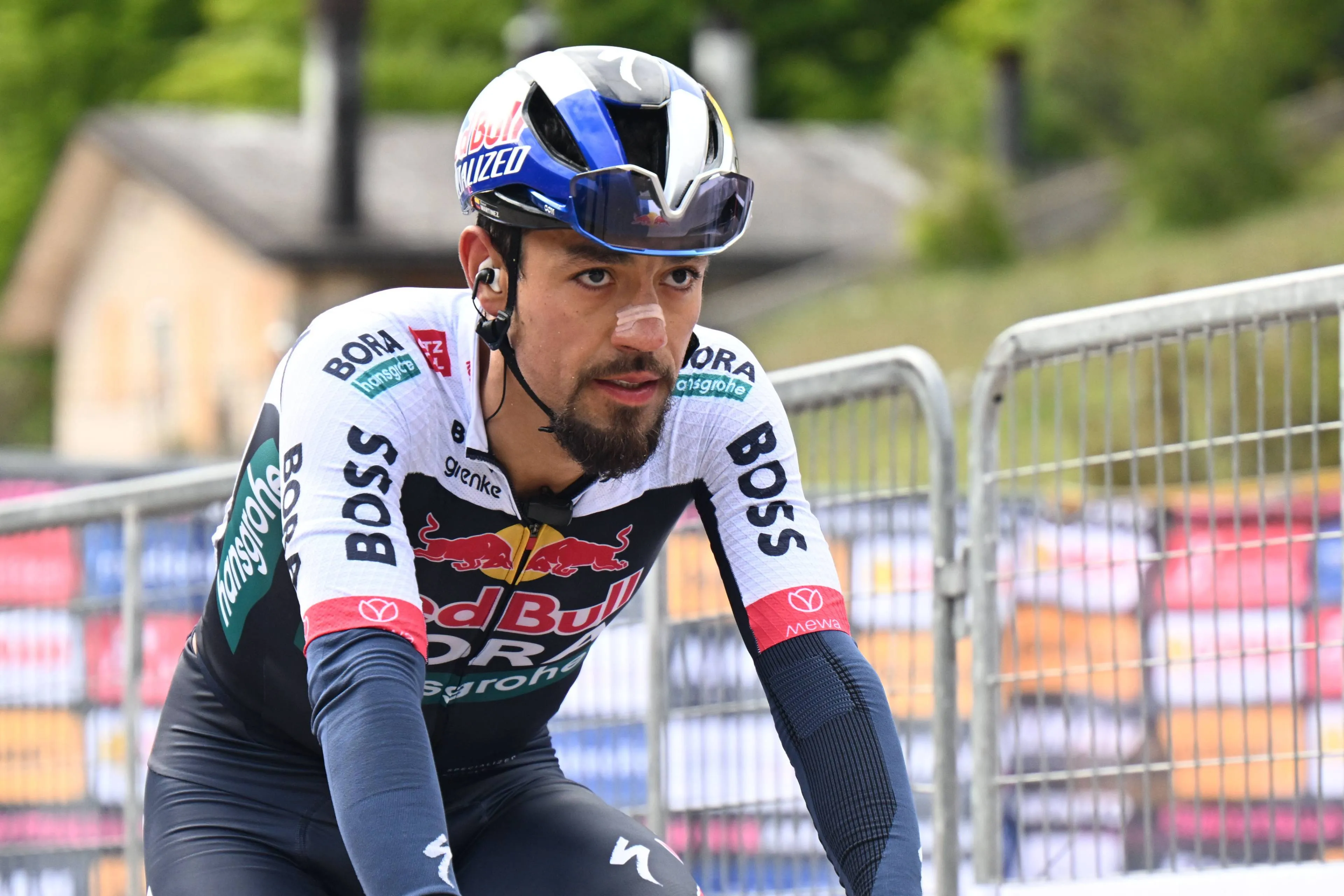ANALYSIS | 3 compelling reasons why Isaac del Toro is destined to win the Tour de France
CyclingMonday, 09 June 2025 at 14:00
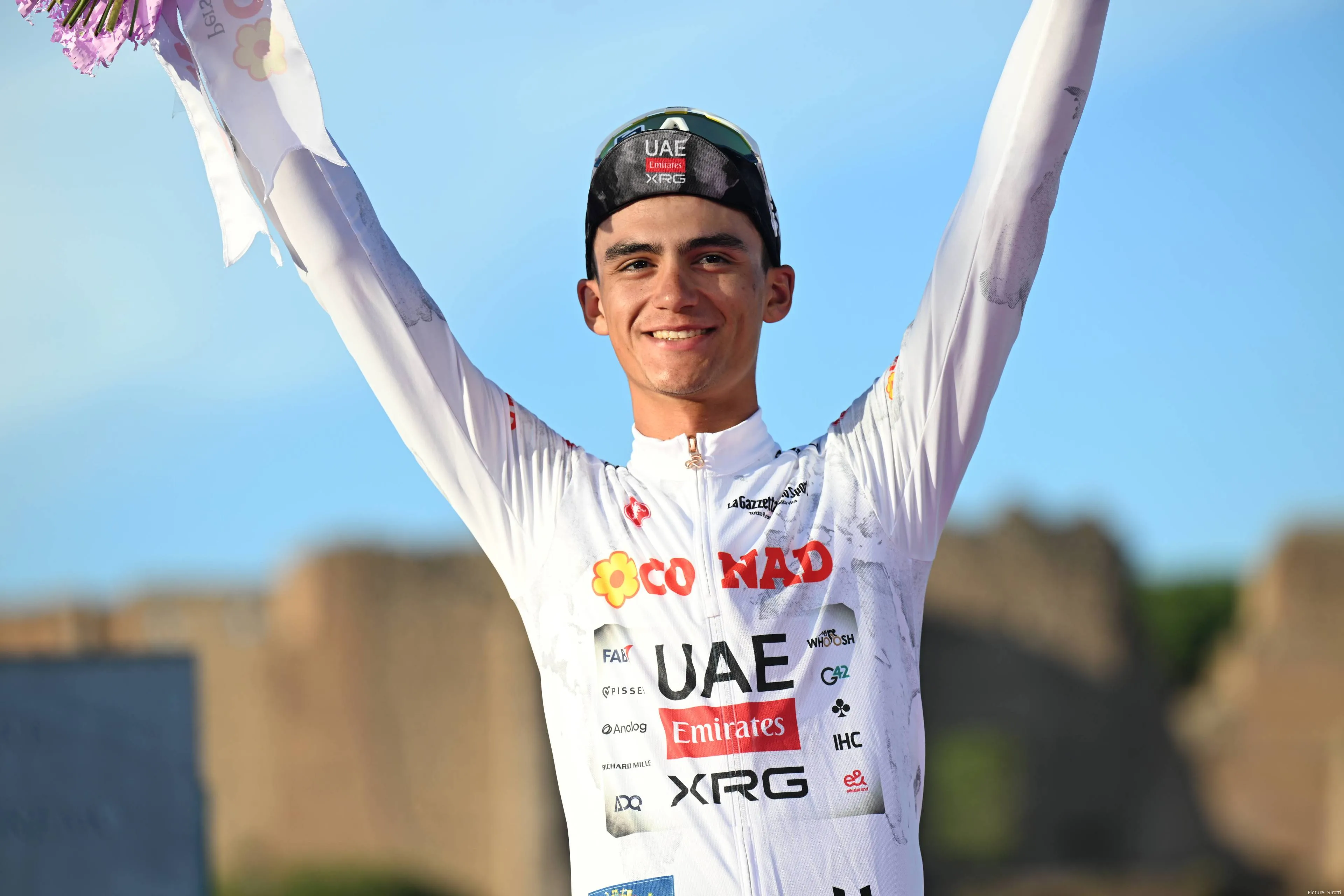
At just 21 years old, Isaac del Toro announced himself on cycling’s biggest stage with a stunning performance at the Giro d’Italia. While a tactical slip on Stage 20 cost him the coveted Maglia Rosa, his showing throughout the race confirmed that the young Mexican has the talent and temperament to win Grand Tours in the future. His strong ride at the Tour de l’Avenir a couple of years back was no fluke — it was a sign of great things to come.
Despite some harsh criticism aimed at del Toro for not chasing down Simon Yates on the brutal Finestre climb, there are compelling reasons to believe this rising star will one day triumph at the Tour de France. Here are three key factors that underpin this conviction.
Read also
1. Exceptional Composure Under Pressure
Del Toro’s rise to the pink jersey wasn’t planned — it came almost by accident, thanks to his aggressive racing on the sterrato stage and savvy tactics in the early bonus sprints. Yet once he had the leader’s jersey, he wore it with extraordinary calm and confidence. Up until Stage 20, the pressure never seemed to faze him.
When he eventually lost the jersey, it was due to a tactical misjudgment rather than nerves or intimidation. Throughout his time in pink, del Toro positioned himself impeccably, moving through the peloton with the poise of a seasoned leader. It was as if he’d carried this responsibility from the very start of the race — a sign of a natural talent accustomed to pressure and expectation.
2. Remarkable Physical Strength and Endurance
Few expected del Toro to have the physical readiness to endure a race as demanding as the Giro. He handled the medium mountain stages well, which was anticipated, but doubts emerged after he missed the initial splits on the first of the final week’s high mountain stages.
Yet, he defied expectations. Despite expending energy contesting intermediate sprints and staying near the front from early on, del Toro withstood every attack — including relentless moves from Richard Carapaz. He was pushed to his absolute limit, but never cracked, showcasing the kind of endurance and resilience that mark a future Grand Tour champion.
3. Tremendous Potential for Growth
What makes Isaac del Toro’s future so exciting is how young he is and how much room he has to improve. At 21, his best years are still ahead of him. His time trialling, for example, will likely see a significant leap forward, and with focused training, his climbing will only get stronger.
This combination of youth, demonstrated talent, and the capacity for growth means it’s simply not realistic to suggest that del Toro won’t win a Tour de France in his career. In fact, all signs point to the opposite: he’s a future winner, and it’s only a matter of time.
Read also
claps 4visitors 4
Just in
Popular news
Latest comments
- I was going to post the same comment. He just can’t catch a break.Pedalmasher20-02-2026
- Totally agree. This kid has a bright future.Pedalmasher20-02-2026
- The thing is, he never has to worry about his career because he can spend the rest of his life living rent-free in your head.antipodeanpedalfan20-02-2026
- That's true, but you can't count out a resurgence from him later like Vingegaard did in 2025 (although he was 10 seconds behind, not 30)
 Rafionain-Glas19-02-2026
Rafionain-Glas19-02-2026 - Lipowitz ddn't really keep up to the big boys today either.....mobk19-02-2026
- Yes, the guy is no fluke. Even if he fails to improve over the next 15 years he’ll do damage. That young blood is going to keep the establishment working hard.Mistermaumau19-02-2026
- This excuse is harmless, just quaint and amusing. The excuse I really disliked was when he accused a mechanic of improperly adjusting his saddle, endangering the mechanic's job: blaming others for your own limitations is a serious matter.
 maria2024202419-02-2026
maria2024202419-02-2026 - ok so this is impressive - I trashed this guy all winter, get a pro win before the anointing. against a quality field. And Onley and Riccitello look good too. fun to see young blood.mij19-02-2026
- Minor flaws.... thats like suggesting Genghis Khan was a bit aggressive with other countriesslappers6619-02-2026
- Then you carry on if that's what makes you happyslappers6619-02-2026
Loading
Write a comment
